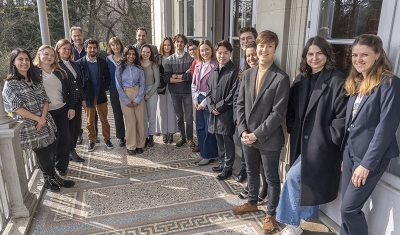21 October 2024
Our spot report, ‘Food Insecurity in Armed Conflict and the Use of Siege-like Tactics’ addresses the urgent issue of food insecurity caused by siege tactics in conflict zones and explores how international humanitarian law can mitigate these impacts.
Armed conflicts are a major driver of food insecurity, with a significant portion of acutely food-insecure individuals residing in areas affected by violence. The report reveals how certain tactics, such as restricting access to essential resources, deepen civilian suffering and can even lead to famine or starvation.
The report’s key findings include:
- Recent Trends: An examination of the correlation between siege-like tactics and worsening food insecurity in conflict-affected regions.
- Legal Framework: Insights into how international humanitarian law (IHL) can prevent or mitigate the devastating effects on civilian populations, specifically concerning food insecurity, famine, or starvation.
- Global Responses: A look at international efforts to combat these issues, with recommendations for stakeholders to enhance global cooperation in addressing food insecurity in conflict settings.
Paola Gaeta, Director of the Geneva Academy and Professor of International Law at the Geneva Graduate Institute, emphasizes the urgency of the findings: ‘While siege-like tactics are not outright prohibited, Parties to conflict must respect IHL obligations. However, recent cases illustrate the severe consequences on civilians when these tactics are employed. This report highlights the importance of respecting IHL to protect civilians and secure access to essential resources.’
This publication is part of the ‘IHL in Focus’ project, which aims provide states, international organizations, civil society and academics with tools of IHL analysis that are independent, impartial and pursued in accordance with the highest academic standards to support advocacy and humanitarian diplomacy, with the ultimate goal of contributing towards increased respect for IHL.






